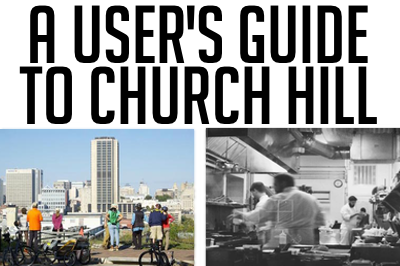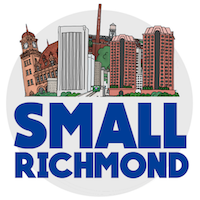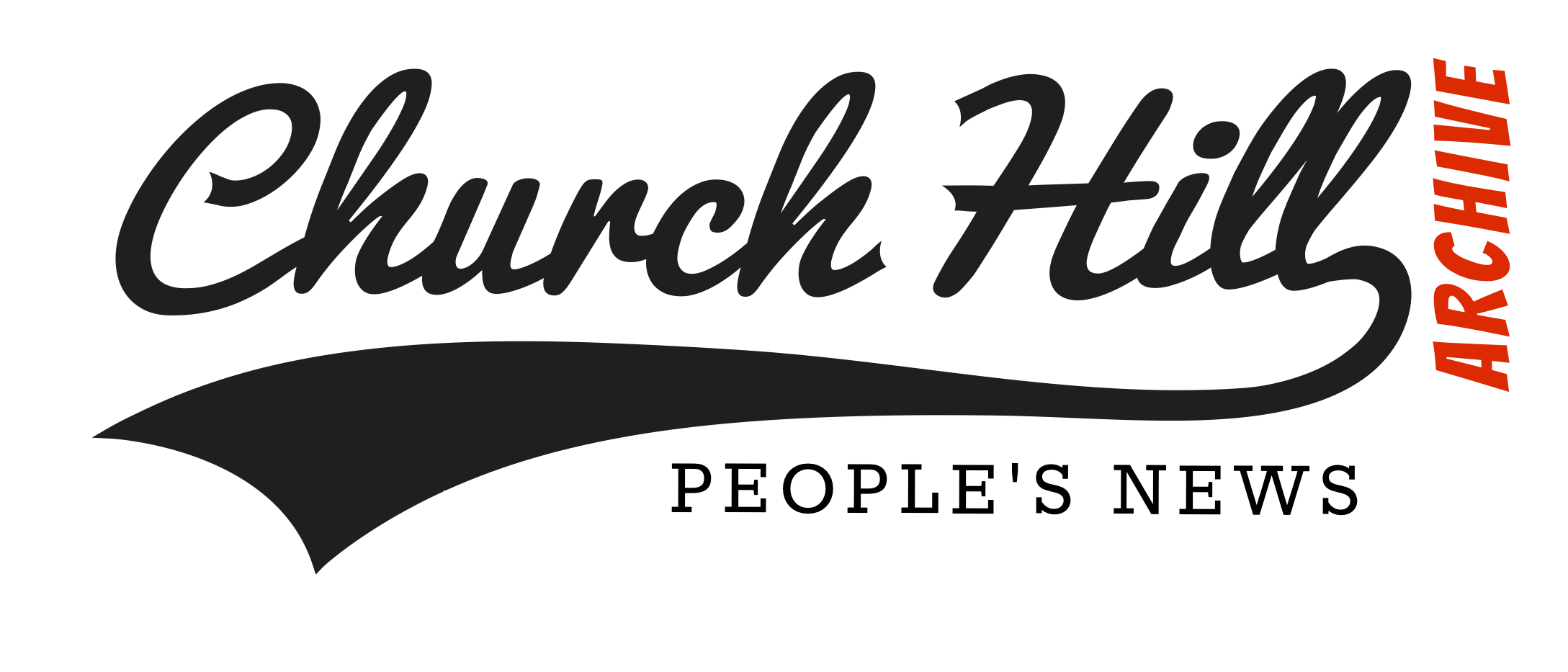RECENT COMMENTS
The Richmond Voice on gentrification and restoration
The Richmond Voice has a long article about gentrification and restoration, mentioning some perceived positives/negatives and spotlighting the work of Bishop Richard Hall .
(Gentrification) is where once Black-owned properties in mostly Black neighborhoods are bought by non-Black financiers who renovate the properties and later rent them out or sell them at substantially higher prices that yield over-the-top profits.
One expert, Benjamin Grant, an urban designer in California says that the term gentrification is often used negatively, suggesting the displacement of poor communities by rich outsiders. But the effects of gentrification are complex and contradictory, and its real impact varies.
“Many aspects of the gentrification process are desirable,” he says in a recent publication. “Who wouldn’t want to see reduced crime, new investment in buildings and infrastructure, and increased economic activity in their neighborhoods?”






One of haduken‘s readers went to that. He posted an interesting write up which has some interesting comments as well.
The negative connotations of “gentrification” hardly appy in Richmond because the vast majority of the housing being “gentrified” here is in fact long abandoned and empty. Almost no one is displaced.
A number of people are displaced in Richmond by gentrification. I know several personally myself. People aren’t displaced because you buy a house out from under them, they’re displaced because they can’t afford the sharp rise in property taxes that accompanies renovations of the abondoned buildings next door. I know of several older black folks in church hill who’ve been forced to sell their house because they cannot pay the higher property tax bills on their fixed incomes. This could be prevented, of course, legislatively through exemptions for the poor and elderly.
You know a poor person who suddenly has money because their house gained value? Gentrification IS cruel.
Uhh, that article was a bit short on facts. Take a look at this document. It excludes the tall tales weaved by the good Rev. (Shot seven times?! Hurt by racist construction machinery?! Studied under Trump Sr.?!) Sounds like someone is trying to get a little street cred on the East Side. One good thing emerged from that story though, I now know who owns that god-awful church/chicken take out store. Converting antiquated eyesores to churches is an all-too- frequent and curious land use policy. Try closing down a church, even one with a take out window…
N3 – I made your link more obvious.
I see this as a potentially more divisive issue in the near future around here. This is one of the pressures that led me to start this site, actually.
I understand a few different sides to this discussion. My wife and I are restoring a house in Fairmount. We have seen the property values rise dramatically around here the past few years, though I’m not aware of anyone that has had to move, nor have any of the boarding houses nearby closed up. This kind of thing seems inevitable over the next few years. I have, though, seen long-abandoned houses restored.
This touches on a real concert for some people, which is the shifting racial/socioeconomic makeup of the neighborhood. While there is a natural concern when an area that has been predominantly black/Black starts to change to change, I haven’t heard anyone say that pricing out the whores and drug dealers is a bad thing. We have been welcomed by our neighbors as part of what they have voiced is a progressive move towards a neighborhood that is safe and clean, with little regard for race/youth/whatever.
There only concern we’ve been asked about was whether or not we were going to live here as a family, or rent out the house as apartments or rooms. These questions were posed to us by long-time neighborhood residents that are moderate income African-Americans. The lines of potential conflict with regard to neighborhood change have fuzzy racial and economic lines, as some of the comments above have made reference to.
Look, the bottom line is this: these neighborhoods are going through change… regardless of what people think is good or bad, people are here to make a profit, it’s the American way. I can’t believe there are actually complaints here. It’s a win-win situation. Property in BAD neighborhoods are bought, rehabbed, and sold or rented out.. all the while neighborhoods are transformed from slums and crackhouses to nice SAFE areas to live. Now, if you’re going to tell me that these people that are “forced out” of their homes are not making a healthy profit with which to reinvest with, I don’t believe it. Their homes are most likely paid for because they either didn’t pay much for them to begin with and/or their homes were bought so long time ago that they are already paid for. Furthermore, the taxes are not so astronomically high that millionaires are the only ones that can afford it. Don’t get me wrong… I’m not unsympathetic towards people being uprooted from their homes, but I have never in my life heard such nonsense. Look to the Franklin and Grace street side of Church Hill if you need an example. Nice homes = nice living conditions = little or no crime. It seems pretty obvious to me that if I was trying to raise a family somewhere, those are the characteristics I would look for. All I’m saying is this, a neighborhood making a change for the better is always a good thing, and if people can’t understand that the majority of the people that are being “forced” out are the bad apples to begin with, (white, black, yellow… etc.- p.s.- it’s the 21st century now- the race card is getting really old now) then they really need to sit back and think about what they are complaining about.
Link to a really interesting article about a Columbia University study on gentrification in NYC. Professor Lance Freeman, who is an assistant professor in Columbia’s Urban Planning program and co-author of the study, is also an African American. He said that some of what he learned surprised him.
http://www.columbiaspectator.com/vnews/display.v/ART/2003/12/04/3fcf01ce1f8f0?in_archive=1
I am a graduate student at VCU and working on a project about gentrification. Is there someone I could get in contact with who is willing to answer some questions and give me some more information for our presentation? If so, please contact me at whitneymm@vcu.edu
Thank you!
Meranne – i wish i could be as optimistic, but i’ve got some serious doubts that people will contact you so you can interview them for your class project -therefore, here are some people who can offer their perspectives on gentrification from social, economic and cultural perspectives and/or suggest other people to interview – dconmy@gmail.com; jdotts@richmondneighborhoods.org and visit http://www.elderhomes.org. also, consider checking http://www.connectnetwork.org for more housing information/resources.
Meranne:
You could attend a Union Hill or Church Hill civic association meeting. UHCA meets on the 18th of October. E-mail me for details. bob.stokes@vcu.edu
Elderly and disabled residents of the City of Richmond who are homeowners and meet certain income criteria are eligible for the City’s property tax relief program. If you know of someone who might qualify, you or they can contact the City’s Finance office at 646-5700 or their web site to get a copy of the application. This link takes you directly to the application and criteria: http://www.ci.richmond.va.us/forms/TaxRelief.aspx.